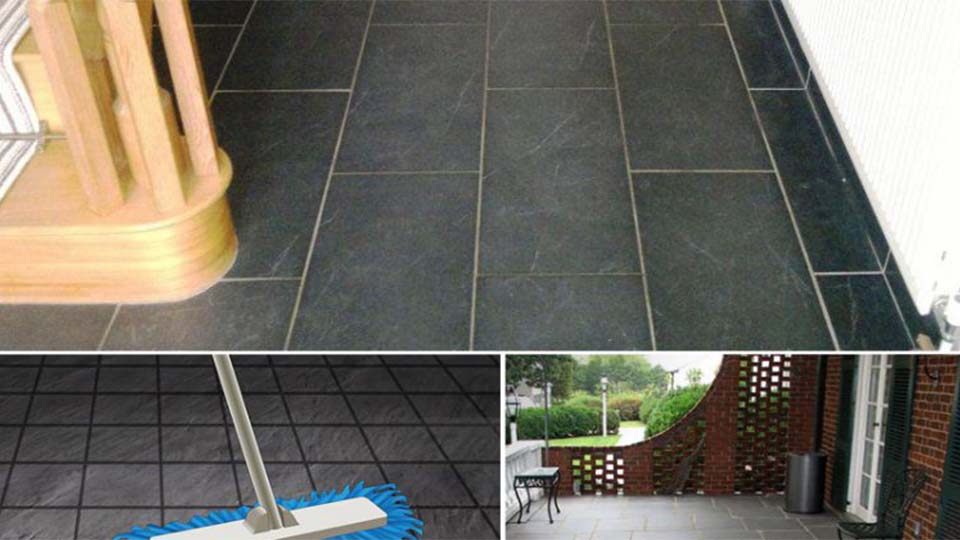

Research has shown, after all, that people who go seven years without a new offense are no more likely to reoffend than someone without a criminal record. This means people would be eligible for Clean Slate after they have already shown they can successfully reenter society. Under Clean Slate, people are eligible to have their record erased after they have gone a certain amount of time without a new conviction. Making Clean Slate automatic is the state making a promise: earn your chance to be part of society, show that you can reenter without a new conviction, and the state will guarantee that someday, you will live record-free. Unlike a pardon, under Clean Slate, people who are living with a record do not need to apply to be eligible do not need to jump through complicated, lengthy, or costly hoops to access it and are eligible based solely on the amount of time they have gone without a new conviction. It means a person can legally say that they have no criminal record.Ĭritically, erasing a record through Clean Slate is also automatic. “Erasing” a record means the record is removed from criminal record electronic databases and will not show up if, for instance, a landlord or employer conducts a background check. So what are we talking about when we talk about Clean Slate? For the ACLU of Connecticut, “Clean Slate” is automatic record erasure after a defined period of time, for anyone living with a criminal record, with anti-discrimination protections. Fundamentally, Clean Slate is about providing a light at the end of the tunnel for people who are dealing with the collateral consequences of a record – inability to find housing, employment, education, or even insurance or financial products, based solely on a scarlet letter from their past. But Clean Slate does have one unifying principle: the idea that every person living with a criminal record who has earned the chance to be in society deserves a fair chance at supporting themselves and their families. The mechanics of those laws are different from state to state. If you’re paying attention to Connecticut’s legislative session, you’ve probably heard the term “Clean Slate.” By joining the conversation about Clean Slate, Connecticut is entering a national movement – Utah, California, Pennsylvania, and New Jersey have passed Clean Slate laws.


 0 kommentar(er)
0 kommentar(er)
